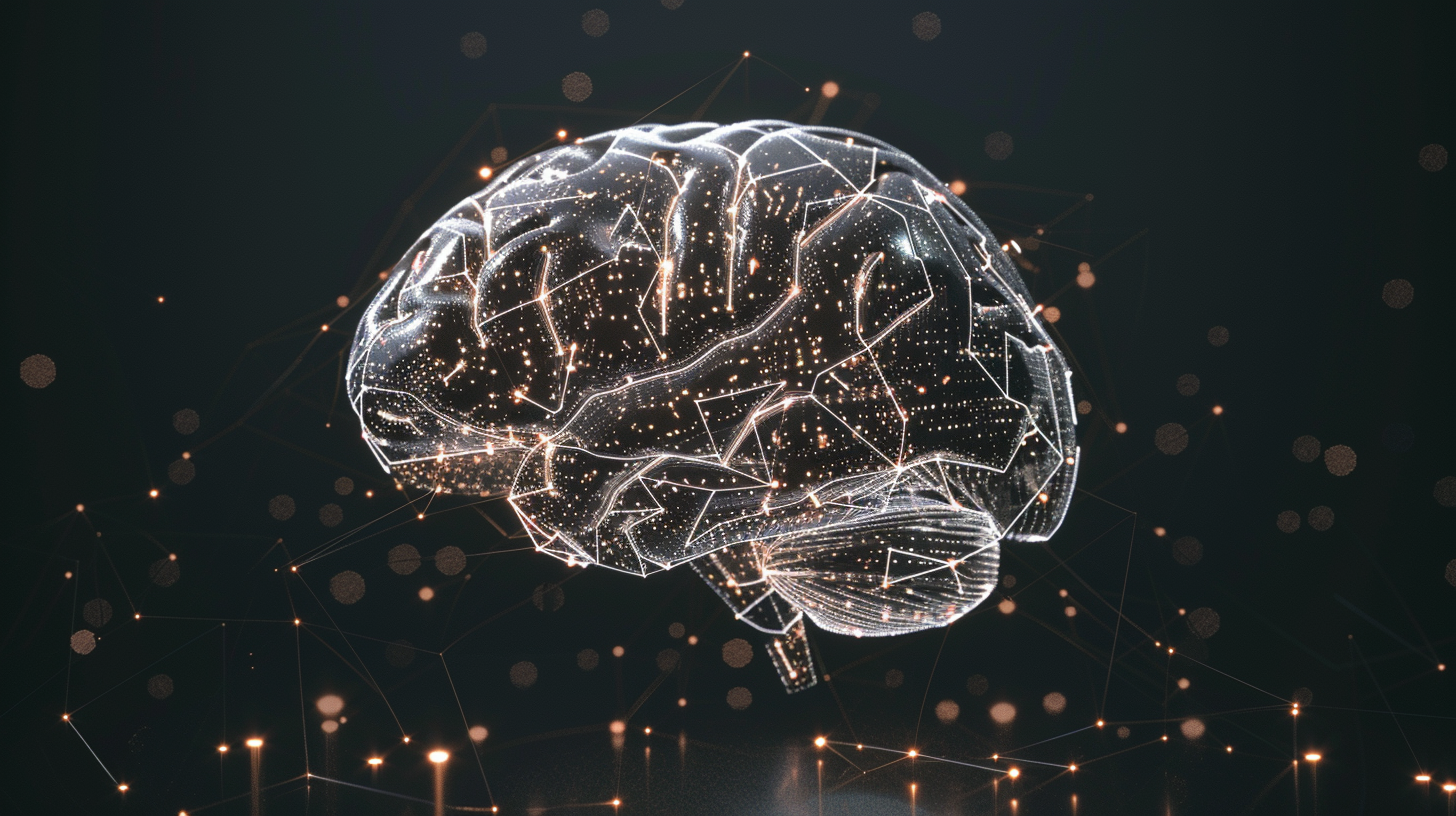Essays
Helios: Reimagining the Suburban Commute Through Sustainable eVTOL Networks
Helios is built around a simple yet transformative idea. Across the United States, hundreds of thousands of gas stations and parking garages are headed toward obsolescence as electric vehicles replace gasoline and remote work changes commuting habits. Helios proposes repurposing these properties into SkyGates: beautifully designed, sustainable neighborhood vertiports that connect suburban commuters to urban centers through fleets of eVTOL aircraft.
The Comfort Zone
It’s knowing people. It’s knowing what people want, and the comfort they seek. It’s not just shaking hands and putting up yard signs. It’s carrying my neighbors’ voices, their hopes, and their frustrations on my shoulders. And for the first time in a long time, I felt something bigger than myself. It was beautiful.
The Next Great Human Project
We talk a lot about how AI will change the future, but almost never about how it could save the past.
From Vision to Reality: Creating Soul Tech
I coined the term 'Soul Tech' with a simple yet profound vision: to reshape how we preserve memories and connect with the past. In this post, I share the journey of creating Reflekta and the groundbreaking idea behind Soul Tech, a revolution in memory preservation. From pushing the boundaries of AI to building a platform that celebrates life, this is a look at how technology can truly honor the essence of humanity.
The Rise of Soul Tech
The idea was simple, noble, and, in hindsight, slightly terrifying: create technology that would let you talk to the people you love, even after they’re gone. Not séance-table, candlelit, Ouija board stuff, but actual conversations that feel alive, funny, human, real.
The Attic of American Shame
It's the modern-day equivalent of finding out your great-grandfather belonged to the Klan. Or that embarrassing family story about "how we used to own a plantation." You know, the sort of thing one whispers over the turkey at Thanksgiving but won't verbalize until someone's had three drinks of wine.
Digital Companions and the Renewal of Bonds
For decades, tech has been about productivity. Speed. Efficiency. Remember when “smart” devices first became a thing and everyone just wanted their fridge to text them? We’ve been optimizing our lives to death. Now we’re starving for connection.
To Be Mustardseed
I was backstage at Fairfield High School, carefully drawing pastel stars onto my freshly whitened cheeks and wondering what I’d done, exactly, in my life that had led to this moment.
The Heart & The Sword
People often ask how Miles and I make it work—this whole “friendship into partnership” thing. The truth is, we’ve been training for it for 25 years without knowing it.
What If Grandma Still Had Advice to Give?
We live in an era where so much disappears—photos vanish into the cloud, conversations evaporate in feeds, and even extraordinary lives fade from memory.
But what if your grandmother’s voice could still say,
“Be kind, but don’t be a pushover”?
What if your grandfather could still show your son how to tie a tie?
What if we could carry our loved ones—not as data, but as presence—into the future?
How Death Stranding and Reflekta Explore Connection, Memory, and the Human Spirit
In Death Stranding, Sam Porter Bridges is a courier uniting a fractured world. He builds the Chiral Network, connecting cities across a desolate United States. It’s a system that fuses the living with the dead—part infrastructure, part theology. Kojima reimagines cables and servers as emotional lifelines.
Reflekta does something similar, but in our world. It uses neural networks, large language models, and voice synthesis to let us reconnect with loved ones—even after they’re gone. While Sam carries physical cargo, Reflekta carries identity: stories, quirks, and memories preserved in a voice you still recognize.
Why We Built Reflekta for the World, Not Just Ourselves
Let’s get this out of the way: we didn’t build Reflekta because we wanted to ride the AI wave. We built it because we wanted to remember.
Beta Testing
Somewhere along the line, the term “alpha” escaped the National Geographic specials and took up residence in the American political and cultural landscape. It became a rallying cry for a neglected segment of society—disaffected men who felt overlooked, unheard, and utterly baffled by the concept of avocado toast (which is delicious, by the way). These men weren’t necessarily looking for a leader; they were looking for validation. Enter the self-anointed alphas, swaggering in with solutions as simplistic as their worldviews.
We Exist in Trump’s Garden of Earthly Delights
For all his cultivated splendor, Trump's garden is haunted by the ghosts of real-world outcomes—economic disparities, environmental decline, and cultural division. His delight may be boundless, but, like Bosch’s garden, it is set against a backdrop of impermanence, of something larger waiting to descend upon the revelers.
Extra Color
What if we could see one extra color? Something out of the normal spectrum, apart from ultraviolet and infrared. How would it change our perception of life? Of art? It’s all but an impossibility, but the concept and the ability to push past our frameworks and guardrails and create something entirely new is, in fact, very possible.
Hot Air and Helium
The political landscape of the early 21st century has been marked by unprecedented influence exerted through unconventional means. One of the most significant and controversial relationships in recent history is between Russian President Vladimir Putin and former U.S. President Donald Trump. This relationship has sparked numerous investigations, debates, theories, and felony convictions. Central to this discourse is using social media as a tool for political influence and societal division.
The Sunk Cost Fallacy of the GOP
Donald Trump's entry into politics and his subsequent rise within the GOP provides a prime example of the sunk cost fallacy in action. Initially seen as an outsider with unconventional views, Trump's unorthodox candidacy gained traction despite skepticism from within the Republican establishment. As Trump's campaign gained momentum, the GOP faced a dilemma: whether to embrace or reject him.
45 And Counting
I turned to AI. I asked it for a list of things an American male should accomplish by the time they’re 45. Here’s the list, and here’s how I checkout.
The New Enlightenment
This essay envisions a transformative societal evolution, positioning the United States at the forefront of enlightenment, justice, and global progress.




















